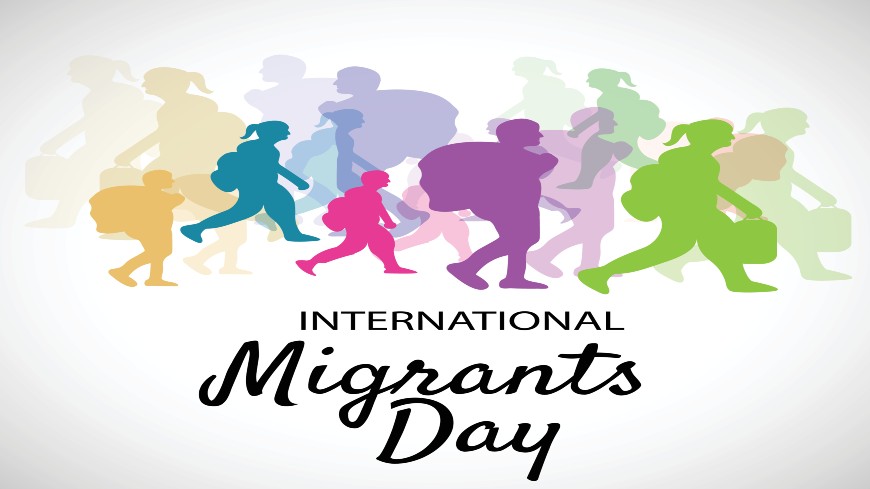"The increase of the number of migrants in Europe represents a major challenge for all levels of governance. The Covid-19 pandemic has profoundly changed our societies, especially the most fragile populations. Migrants are among the most impacted by the upheavals caused by the Covid-19 pandemic. The Congress is convinced that local and regional authorities are in the front line in providing a dignified welcome and respect for human rights to migrant, even in times of major crisis," said Harald Bergmann (Netherlands, ILDG), the Congress' thematic spokesperson on human rights.
"In our societies, migrants can be subject to discrimination and intolerance. At the Congress, we are convinced that, because of their proximity to the population, local and regional authorities have an important role to play in combating the rise of racism and xenophobia by promoting better integration of migrants and strengthening social cohesion," he stressed.
As part of its work, the Congress published the 1st volume of the Human rights handbook for local and regional authorities, published in 2018, devoted to the right to non-discrimination, with regard to refugees, asylum seekers, migrants and internally displaced persons (IPDs), Roma and Travelers and LGBTI people, and the 2nd volume of the series devoted to social rights. Issues of health, education, work, housing, security as well as social inclusion and integration closely linked to the principle of non-discrimination will be addressed with a focus on the impact of the Covid-19 pandemic.
Congress' web page on migrants and integration




